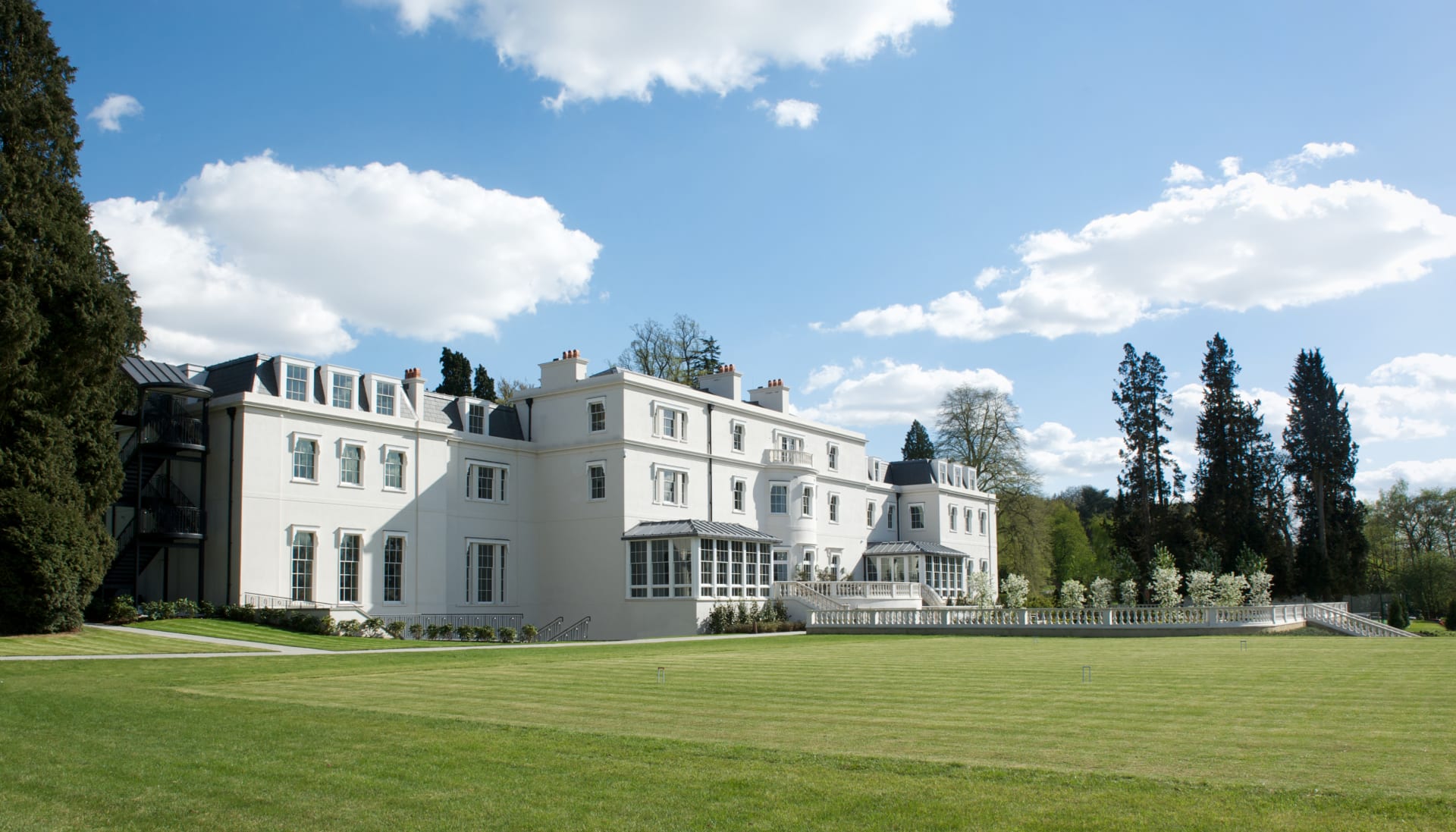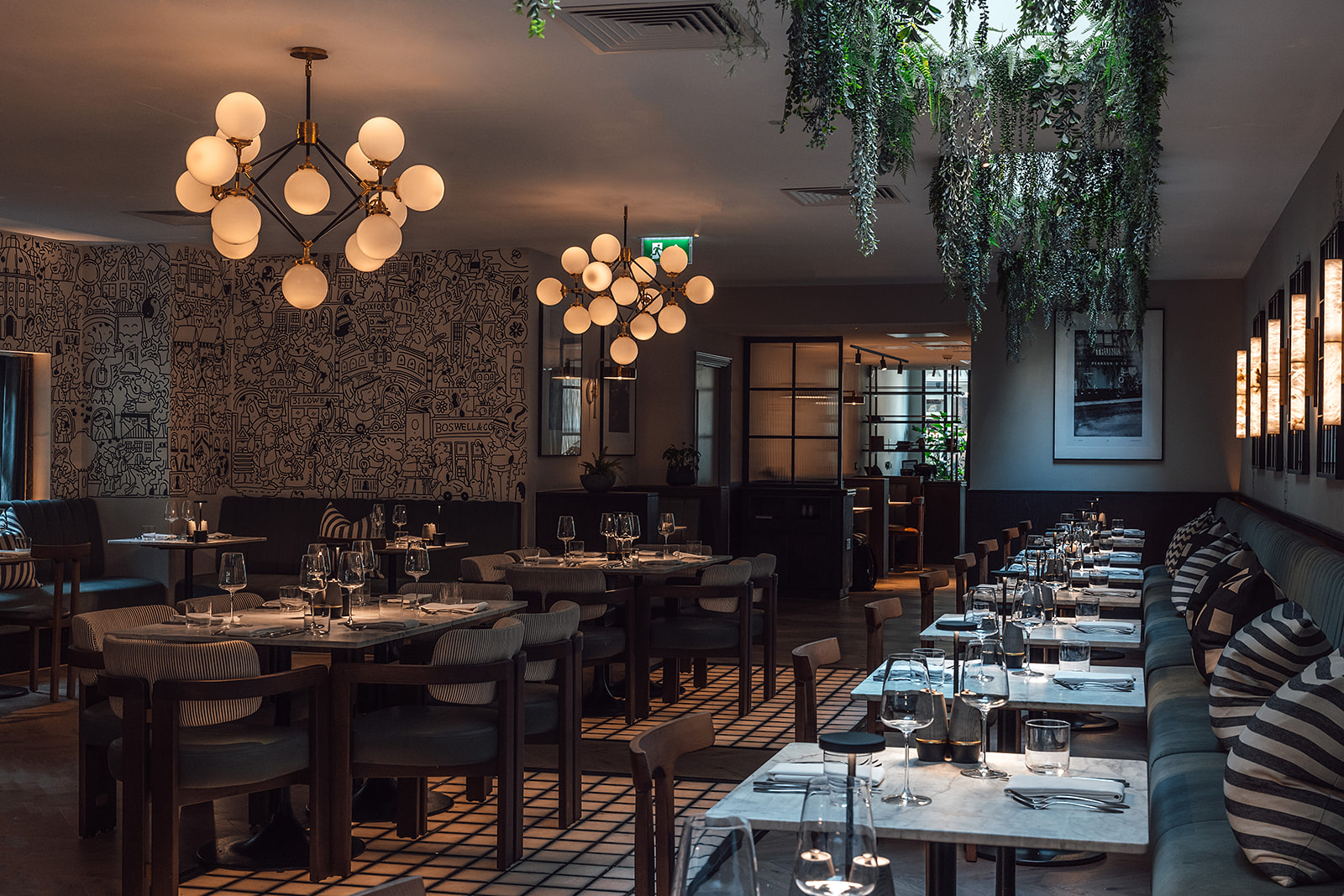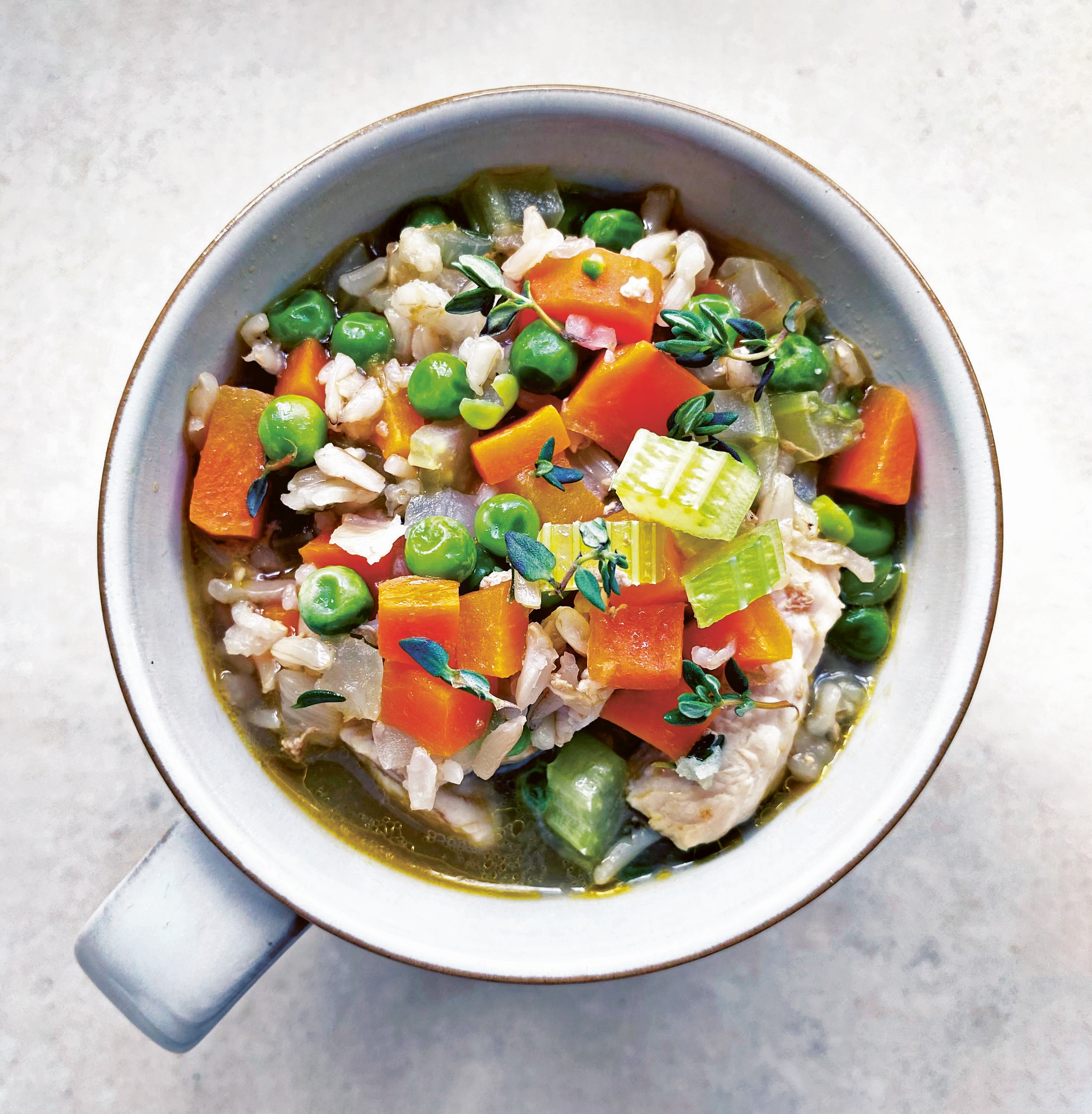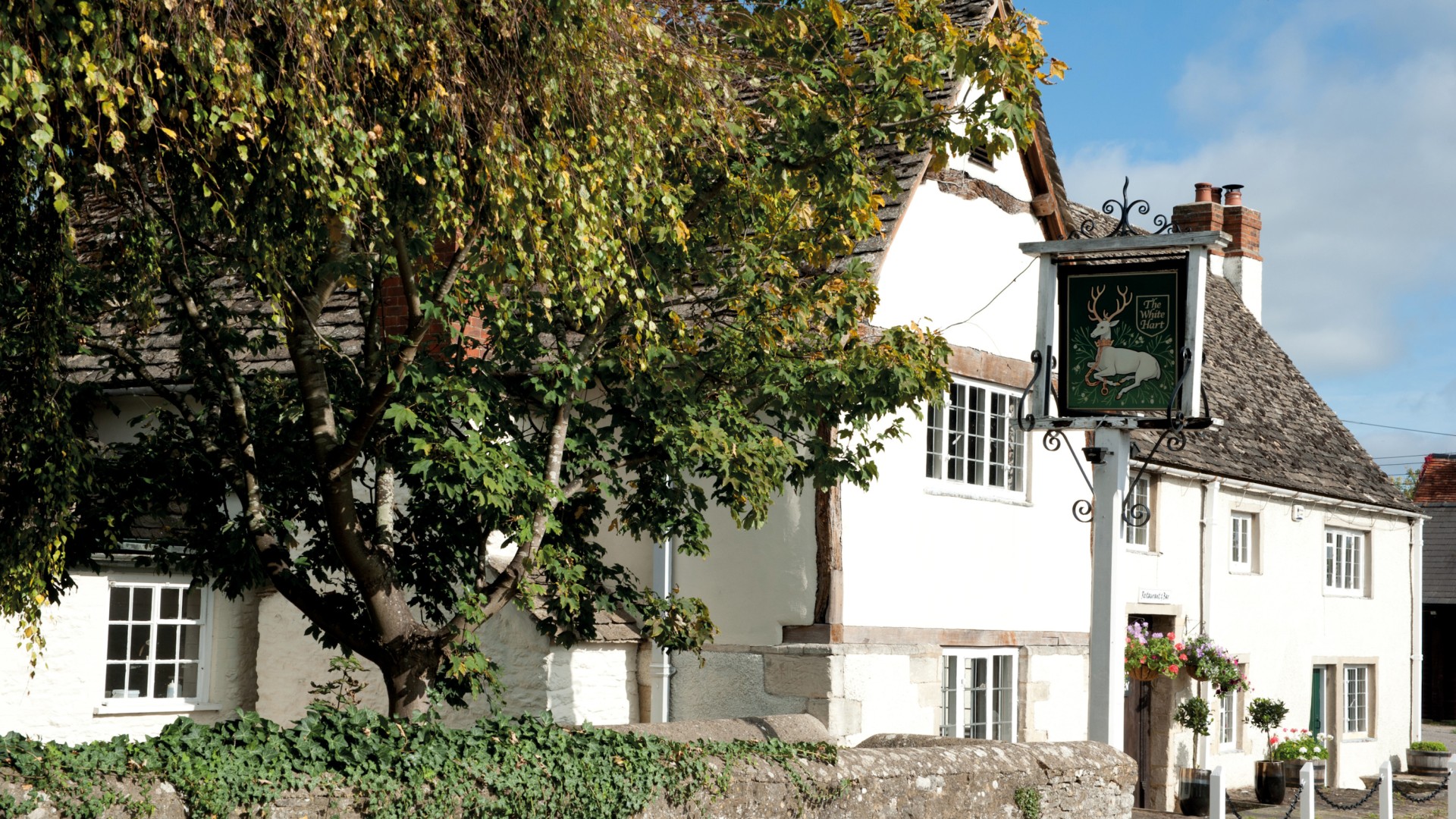Quite some time ago I was invited to eat at the Michelin-starred Restaurant Coworth Park in Ascot. I’d never heard of it, so looked it up and accepted as fast as my email server would allow. Iron your glad rags, honey; we’ve got ourselves a fancy one.
We arrive at dusk. We’re escorted into a sumptuous dining room, hushed and soft. Above us is an enormous golden oak leaf chandelier that crowns the room. It’s luxurious but I don’t feel out of place. Our waiter, Zach, is the dictionary definition of charm. To be so charismatic without being oleaginous is a skill. As he poured the exquisite asparagus soup, he noticed our entranced gazes, turned, and in a tone dripping with English poise said, “style and substance, of course.”
We have a menu decided by head chef Adam Smith, who began as a pot wash aged 13. Every course is delicate, deliberate and faultless. One plate in particular has taken up permanent residence in my memory – duck liver with grapefruit, fennel and black olive. I can’t really explain it. Aside from its technical perfection there was something else, an ineffable extra. It’s quite simply the best thing I’ve ever eaten.
I’m thoroughly looking forward to writing my review as we meander towards the car. When things are as clear-cut as this was, you can jettison nuance, fire up the thesaurus and tumble headfirst into some juicy superlatives.
I get to my desk the next day and find Coworth Park is trending on Twitter. I know that my girlfriend and I are heart-stoppingly debonair, I thought, but I didn’t see any paparazzi… No. It was trending because George Clooney and Elton John were calling for a boycott, not just of Coworth, but the entire Dorchester Collection, of which it is a part. Why? Because it’s owned by the Brunei Investment Agency.
Full disclosure – if you’d asked me to point to Brunei on a map, I would have struggled. I’d heard of it, sure, but I knew not one thing about it, least of all that it’s led by an absolute monarch. The mousey-looking Sultan had just made good on a five-year-old promise to impose Sharia. Under these provisions, homosexual men can be stoned to death and lesbians can be punished with 40 lashes of a cane or 10 years in jail.
I felt dumb. There I was, a card-carrying lefty liberal, eating the finest food I’ve had in my quarter century, while 7,000 miles away, the owner of the room in which I ate had declared some people a disposable excrescence; people like me. Now what?
I asked the restaurant for a statement. An accommodating but beleaguered representative told us that, “Inclusion, diversity and equality are the foundation of Dorchester Collection.” They acknowledged people’s anger but said, “This is a political and religious issue that we don’t believe should be played out in our hotels and amongst our 3,630 employees.” Though “deeply saddened by what’s happening,” they pointed out that their “values are far removed from the politics of ownership,” noting that, “other brands have ownership with similar backgrounds in this increasingly global world.”
For about a month I brought it up with anyone I came into contact with, and over time flecks of nuance began to break down the monolithic principle of it all. What about the staff? The cleaners, waiters and bartenders and those magicians in the kitchen? What does a boycott achieve for these people, of whom some, probability dictates, must be gay?
More importantly, what does a boycott achieve for the LGBT population of Brunei? Five years ago, then-head of Stonewall, Ruth Hunt, wrote an op-ed in The Telegraph explaining that the organisation would not be joining the 2014 boycott. She rightly pointed out that we can’t expect anyone at the Dorchester Collection to have any power over Brunei’s domestic policy and wrote, ‘By turning the issue into a battle between gay people and the Sultan – which it isn’t, it affects everyone in Brunei, not just gay people. We limit the opportunity for dialogue and put the lesbian, gay, bisexual and trans people of Brunei at far greater risk. A group of people, I hasten to add, who’ve yet to publically call for a boycott.’
The ethics of this occur on the fault line between pragmatism and principle – at what point are protests more about making us feel good than they are about protecting those in danger? It does seem that the backlash, fueled by the likes of Clooney, has pushed the Sultan to extend a moratorium on the death penalty to those ‘offences’ defined by Sharia. So, while sexual otherness is still criminal in Brunei, for now at least, the medieval penalties have been waived.
I have no conclusions about the moral veracity of patronising a venue owned by a foreign autocrat. My only insight as I’ve gone on this little introspective journey is that at one point or another, we must make our peace with the fact that we are all broadly compromised by the interminable interrelations of the world. All manner of grand moral calamities are traceable to decisions made thousands of miles away with the best intentions. We must navigate that landscape as we each see fit.
Coworth Park is the best restaurant I’ve ever been to, and I’m still not entirely sure how I feel about that.









